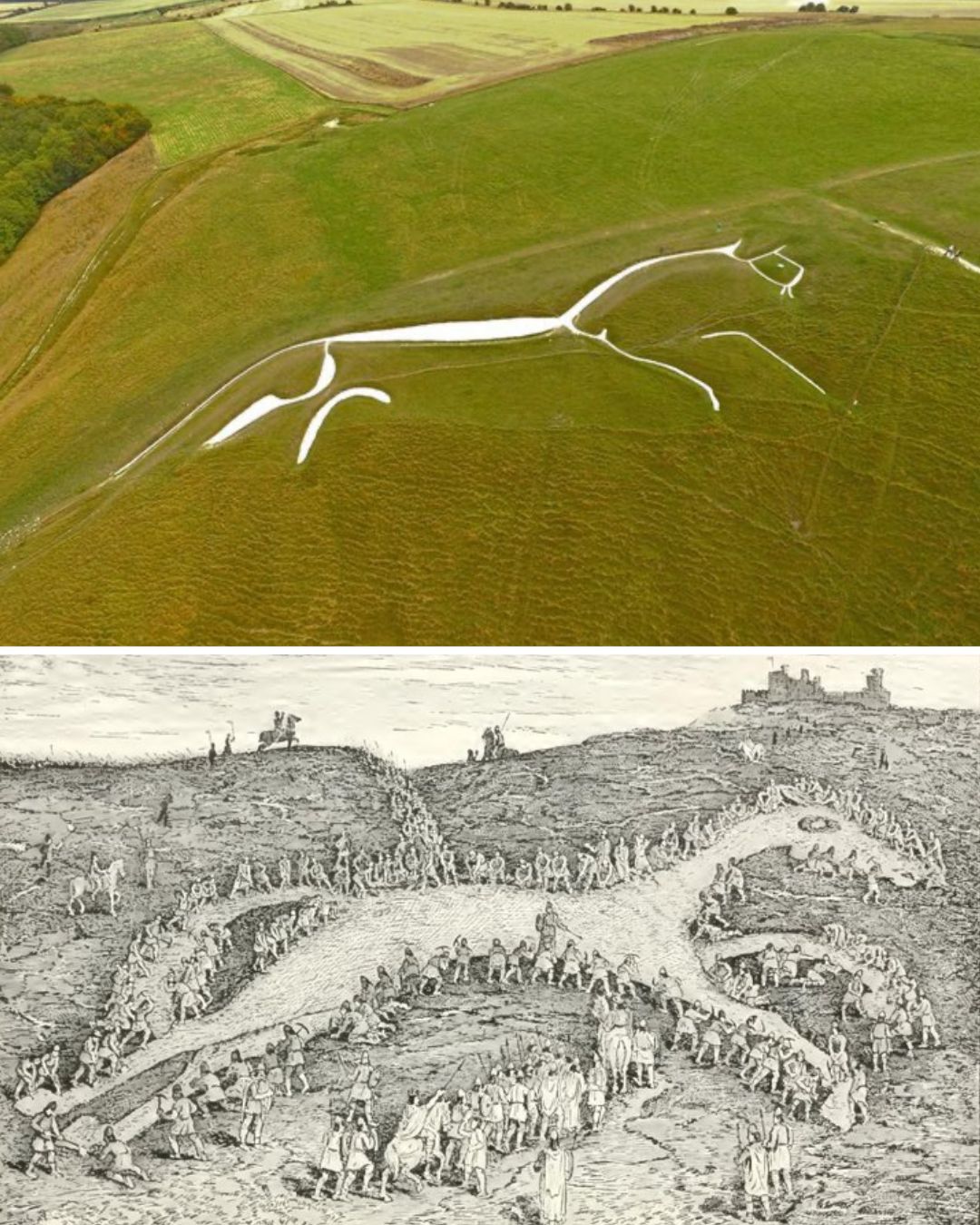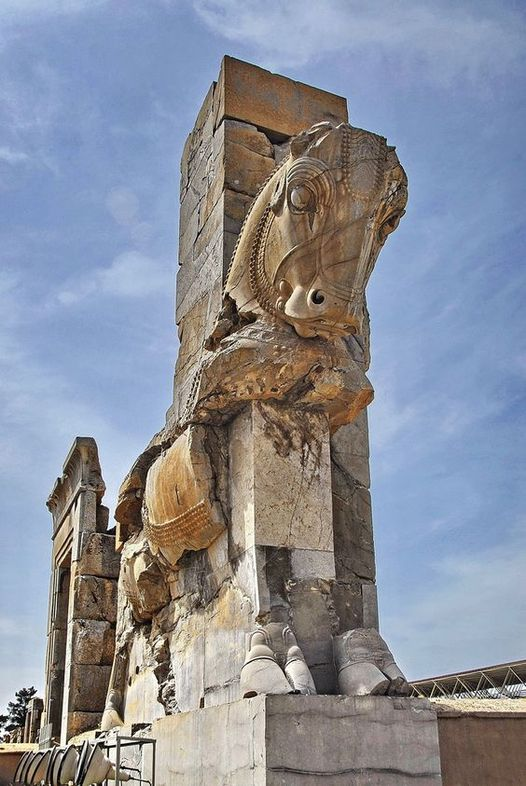Perched atop the rugged cliffs overlooking the azure waters of the Aegean Sea stands a timeless testament to ancient Greek mythology—the Temple of Poseidon. Located at Cape Sounion on the southern tip of the Attica peninsula, this majestic structure is dedicated to the god of the sea, Poseidon.
Perched atop the rugged cliffs overlooking the azure waters of the Aegean Sea stands a timeless testament to ancient Greek mythology—the Temple of Poseidon. Located at Cape Sounion on the southern tip of the Attica peninsula, this majestic structure is dedicated to the god of the sea, Poseidon. Join us on a journey to explore the history, significance, and enduring allure of this iconic archaeological site.

A Marvel of Ancient Architecture: Unveiling the Temple of Poseidon The Temple of Poseidon is a stunning example of classical Greek architecture, characterized by its graceful Doric columns, imposing colonnade, and commanding presence. Constructed in the 5th century BCE, the temple was built atop the ruins of an earlier sanctuary dedicated to Poseidon, marking it as a sacred site of worship and reverence. Its strategic location at Cape Sounion not only served as a place of religious observance but also as a navigational beacon for sailors traversing the treacherous waters of the Aegean.
Myth and Legend: Exploring the Mythological Significance of Poseidon In ancient Greek mythology, Poseidon was revered as the god of the sea, earthquakes, and horses—a powerful deity whose domain extended far and wide. Legends abound of Poseidon's tumultuous exploits, from his rivalry with his brother Zeus for control of the heavens to his role as the creator of earthquakes and storms. The Temple of Poseidon served as a focal point for the worship of this enigmatic deity, where offerings and sacrifices were made to appease his divine wrath and seek his favor.
Spectacular Sunsets: The Timeless Beauty of Cape Sounion Beyond its historical and mythological significance, the Temple of Poseidon is renowned for its breathtaking vistas and stunning sunsets. As the sun dips below the horizon, casting a golden glow across the sky, visitors are treated to a spectacle of natural beauty that has captivated travelers for centuries. The tranquil ambiance of Cape Sounion, coupled with the majestic silhouette of the temple against the backdrop of the sea, creates an unforgettable experience that lingers in the memory long after the sun has set.
Ancient Discoveries: Reflecting on the Rich Tapestry of Greek Civilization As we marvel at the splendor of the Temple of Poseidon, we are reminded of the rich tapestry of ancient Greek civilization and the enduring legacy of its cultural heritage. From the towering columns of the Parthenon to the mystical ruins of Delphi, each archaeological discovery offers a glimpse into the achievements, beliefs, and aspirations of a bygone era. As stewards of our shared history, it is our responsibility to preserve and protect these ancient treasures for future generations, ensuring that the stories of the past continue to inspire and enlighten us in the present day.
Conclusion: As we bid farewell to the Temple of Poseidon and Cape Sounion, we are left with a profound appreciation for the timeless beauty and cultural significance of this iconic site. From its majestic architecture to its mythological allure and breathtaking vistas, the temple serves as a poignant reminder of the enduring legacy of ancient Greece. Let us continue to cherish and celebrate these treasures of the past, honoring the gods and goddesses, myths and legends that continue to inspire and captivate us to this day.










